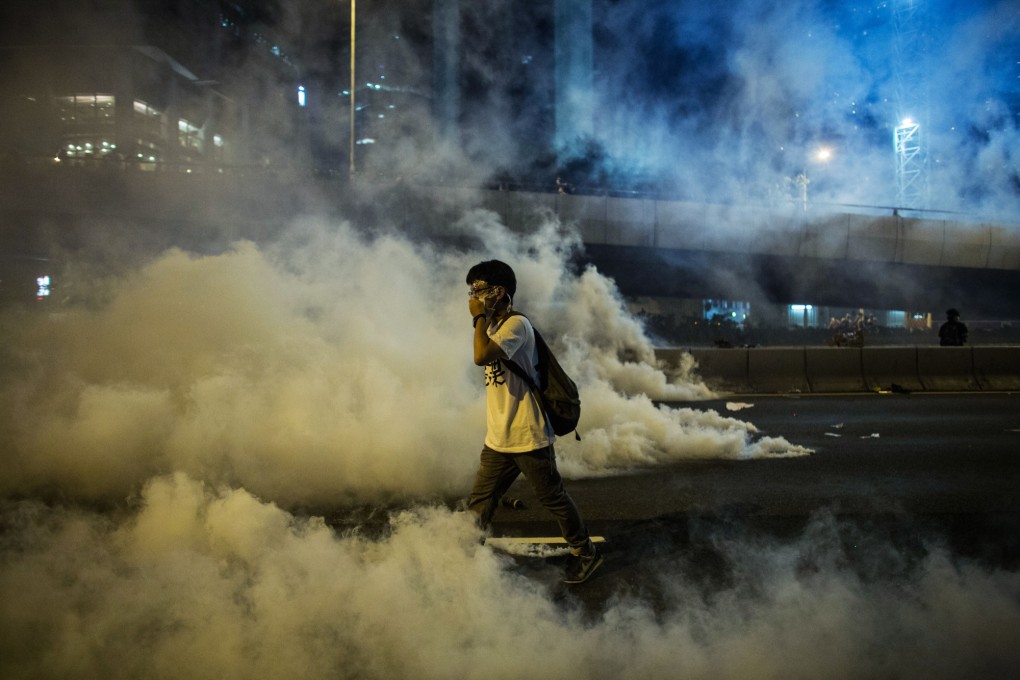Money Matters | Hong Kong to pay for politics of tear gas and anarchy
Given increasing public opposition, the street protests will soon peter out, but the real tragedy is polarisation among Hongkongers

We have not done anything. Why fire the tear gas?" This now famous shout from a man to the police during the Admiralty clash offers the best summary of this week's protests.
Many in the political field share this question, although with a completely different angle. Why fire the tear gas and retreat, leaving the streets to the protesters?
Let's discuss the tear gas first.
Some said there were insufficient police to retake the streets from protesters who refused to be scared off by the tear gas. Others said the government bowed to public anger over the use of tear gas.
None of these arguments are too convincing. The Occupy Central movement has been brewing out in public for more than a year.
The most enlightening answer comes from a political veteran; the tear gas was not used to smoke out the students but to show Beijing's tough policy on Hong Kong and its loudest support for Chief Executive Leung Chun-ying.
